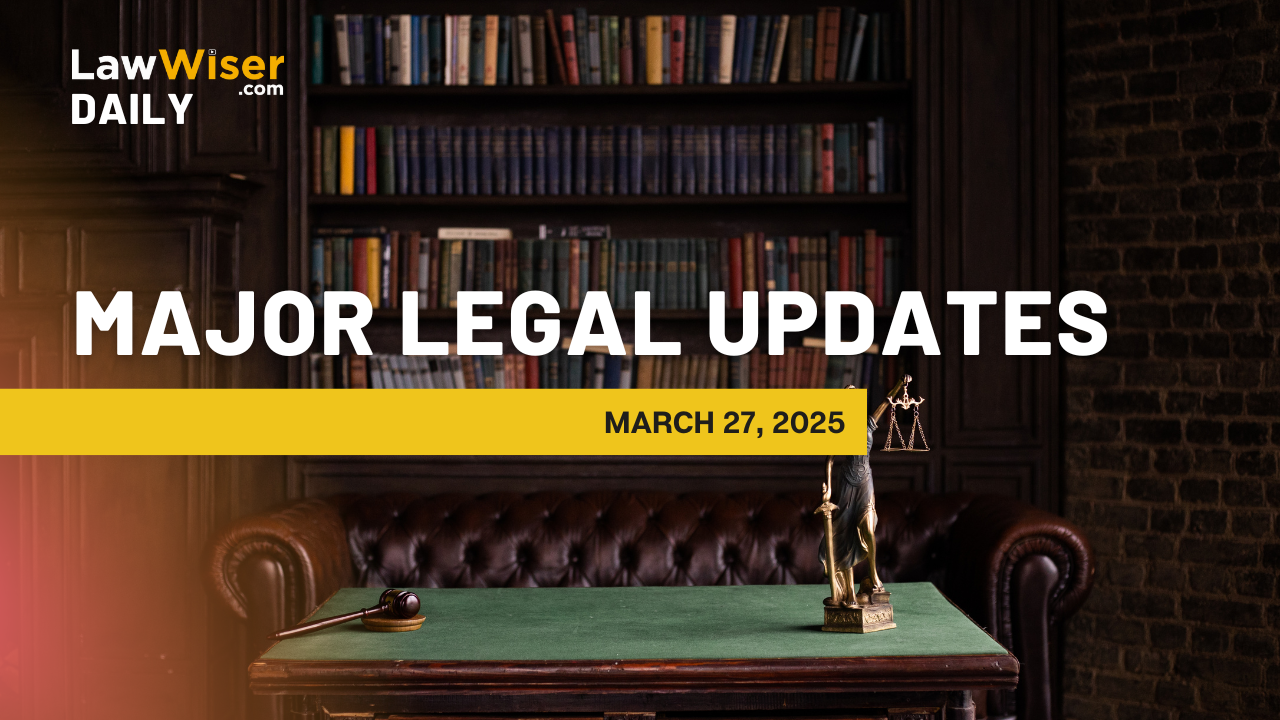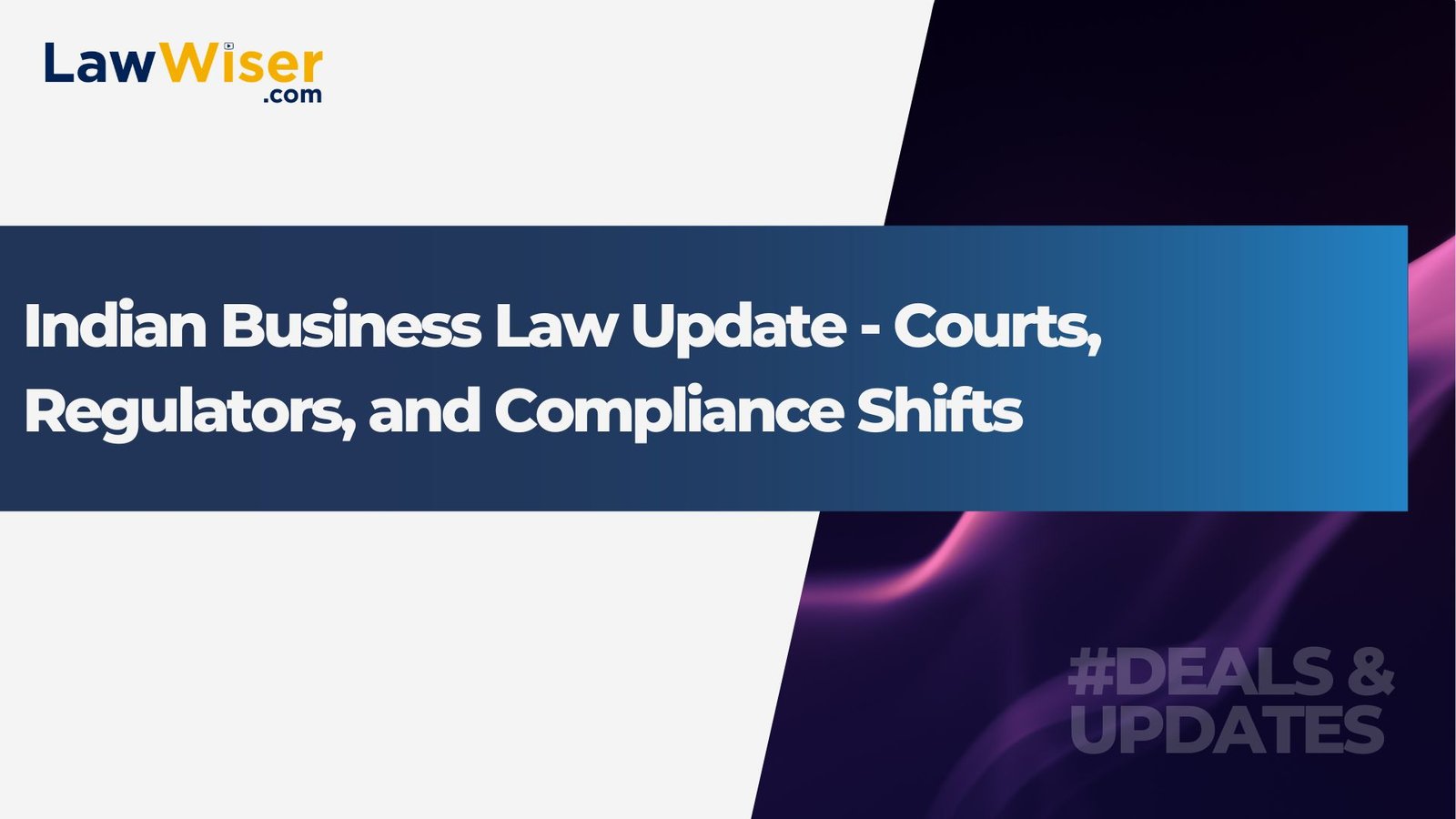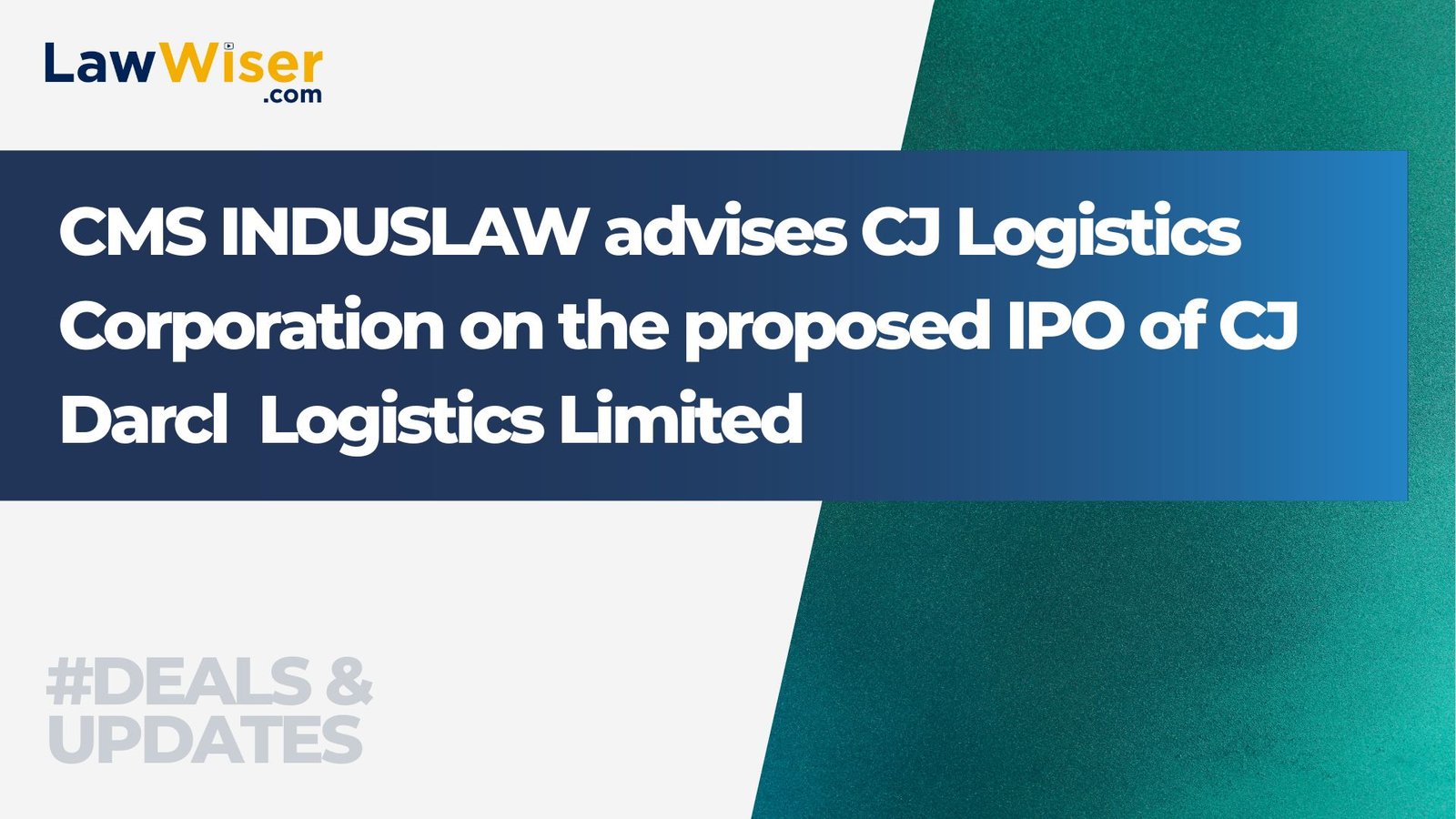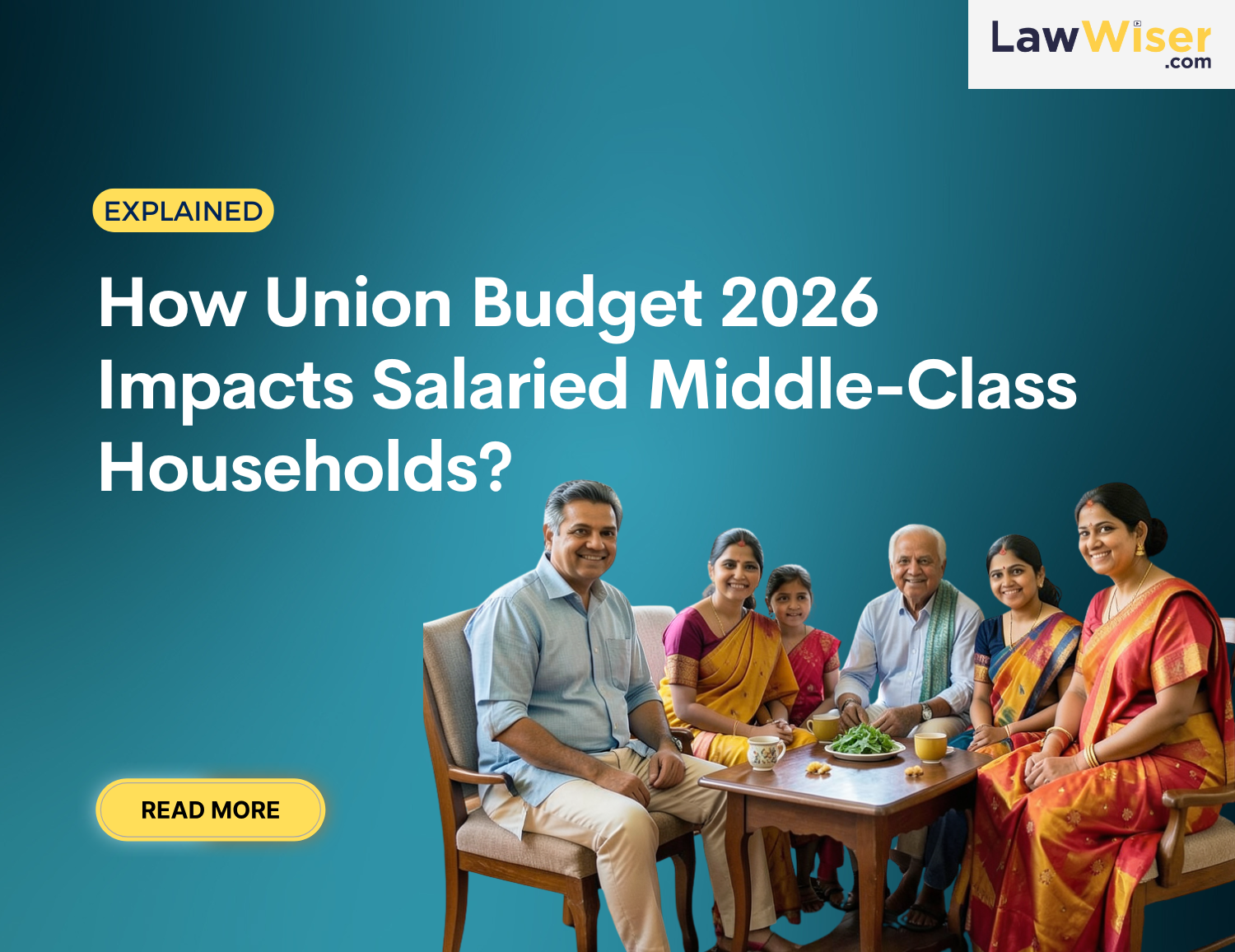Rippling Co-founder Prasanna S Moves Madras High Court Alleging Police Harassment at Wife’s Behest
Rippling co-founder Prasanna Sankaranarayanan has petitioned the Madras High Court, alleging that Tamil Nadu police are harassing him based on a false kidnapping complaint filed by his estranged wife, Dhivya Sashidhar.
Sankaranarayanan claims that his wife has made multiple false complaints in an attempt to take their son out of the country amid their ongoing divorce and custody battle.
Allegations and Court Proceedings
Justice GK Ilanthiraiyan has directed the police not to harass Sankaranarayanan. The tech entrepreneur, represented by senior advocates, alleged that:
- On March 7, police attempted to enter his hotel room to take his son, but he had already left.
- Between March 12 and March 21, officers visited his mother and arrested his friend, Gokul S, in an attempt to locate him.
- Gokul was detained for three days despite no formal charges, with police allegedly using his release as leverage to summon Sankaranarayanan and his son.
Sankaranarayanan asserts that his wife has a history of filing baseless criminal complaints in the US and Singapore and is now using similar tactics in India.
Memorandum of Understanding (MoU) and Dispute Over Custody
According to his petition, he and his wife signed an MoU in February, agreeing to a mutual divorce and joint custody of their child. The terms included:
- Residing in Chennai.
- Storing the child’s travel documents in a joint locker.
He claims his wife voluntarily handed over the child on March 3 but later violated the MoU by refusing to store the travel documents as agreed. She allegedly also failed to appear in a Chennai court where their divorce case is pending.
Sankaranarayanan argues that police intervention in a civil dispute is unlawful and violates his rights under Article 21 of the Constitution.
Wife’s Counterclaims
Dhivya Sashidhar has denied the allegations, stating that her kidnapping complaint was filed solely to locate their child. She has also claimed:
- She was coerced into signing the MoU.
- Her son was forcibly taken from her by Sankaranarayanan’s friend.
- She was brought to India under false pretenses regarding a property dispute.
- Sankaranarayanan has a criminal history.
The case highlights a contentious matrimonial and custody dispute, with both parties making serious allegations. The matter remains pending before the Madras High Court.
Calcutta High Court Quashes Criminal Case Against Audi India Officials Over Brake Failure Complaint
The Calcutta High Court has quashed a criminal case against senior officials of Audi India, ruling that they cannot be held personally liable for alleged inducement, fraud, or cheating due to a vehicle’s brake failure.
Case Background
A criminal complaint was filed against Audi India’s chief, its head of customer service, the COO of Audi Kolkata, and the MD of its authorized dealership in Kolkata by Patton International Limited. The company had purchased an Audi Q5 for over ₹50 lakh in August 2014, with a two-year manufacturer’s warranty. In November 2015, while the company’s owner and two other industrialists were traveling in the vehicle, the brakes allegedly failed.
Patton International filed a case under Sections 34 (joint liability), 120B (criminal conspiracy), 418, and 420 (cheating) of the Indian Penal Code, claiming the faulty brake system contradicted Audi’s advertised safety features, amounting to fraud.
High Court’s Ruling
Justice Rai Chattopadhyay ruled that:
- Audi India’s senior officials could not be held personally liable as criminal law does not recognize vicarious liability unless explicitly stated by statute.
- The company, not individual executives, was responsible for advertisements and sales policies.
- Proceeding with the case would be a “gross abuse of the Court’s process”, as the allegations were “absurd and inherently improbable.”
The court concluded that the complaint was motivated by mala fide intent and used as a tool by a dissatisfied consumer to press baseless criminal charges. It exercised its inherent power under Section 482 of the CrPC to quash the case.
Supreme Court: Machines Used by Employees Not Considered for ‘Self-Employment’ Under Consumer Protection Act
The Supreme Court has ruled that a person who purchases a machine for use by employees in an established business cannot be considered a ‘consumer’ under the Consumer Protection Act, 1986. The decision clarifies that ‘self-employment’ applies only when the buyer personally operates the machine for earning a livelihood.
Case Background
The petitioner had purchased a Model MPS GD 1212-300W HSLC Series Laser Cutting Machine and Bending Machine to manufacture dies at lower costs with better precision. Due to defects in the machine, a complaint was filed with the State Consumer Disputes Redressal Commission, Uttar Pradesh.
The State Commission dismissed the case, stating that since the machine was used for commercial purposes in an already established business, the petitioner did not qualify as a consumer under Section 2(1)(d) of the Consumer Protection Act, 1986.
The National Consumer Disputes Redressal Commission (NCDRC) upheld this decision, leading the petitioner to approach the Supreme Court.
Supreme Court’s Ruling
A bench of Justice AS Oka and Justice Ujjal Bhuyan upheld the dismissal, distinguishing this case from Paramount Digital Colour Lab & Ors. v. Agfa India Pvt. Ltd. & Ors., where two unemployed graduates purchased a machine for self-employment.
Key observations from the Court:
- The petitioner was already running a commercial venture and purchased the machine to expand his business.
- The machine was operated by employees, not the petitioner himself.
- Regardless of the business’s size, since the petitioner was not personally using the machine, it cannot be classified as self-employment.
Legal Implications
- The ruling reinforces that consumer protection laws do not cover business purchases meant for commercial expansion.
- Buyers intending to seek protection under the Act must prove that the product was personally used for livelihood purposes.
- The petitioner was given liberty to file a civil suit within four weeks and rely on Section 14 of the Limitation Act, 1963 for time extension.
Conclusion
This judgment sets a precedent by narrowing the definition of ‘self-employment’ under the Consumer Protection Act, limiting its benefits to individuals directly using purchased goods for earning a livelihood.



 March 27, 2025
March 27, 2025






 February 4, 2026
February 4, 2026 0 COMMENTS
0 COMMENTS



